No products in the cart.
Meet Chisom Ezeh, A Financial Educator Who Wants You To Start Investing
Financial literacy is the gift that keeps on giving and here at The 21 Magazine, we really want you to get in on all its rewarding goodies. Now remember sis, the goal is to shake our asses on a yacht, in Dubai and not to je gbese.
Meet Chisom Ezeh, an everyday Nigerian trying to get us all on the investing band wagon. She is the mastermind behind the engaging and rich financial literacy platform called The Roadside Investor.
In this article, she’d be taking us through the ups and downs of being a Nigerian financial educator and letting us in on what it means and takes to earn passive income.
-
What Inspired You To Set Up The Roadside Investor?
I love the concept of wealth creation. I spent most of my younger years reading a lot of books on money management, self-improvement, investing etc. and so good personal finance habits kind of came easy to me, unfortunately not everyone can say the same.
Also, you know what was really funny to me? The fact that we attend school for the first 20+ years of our lives in order to be able to create wealth as well studied graduates but no institution deems it fit to teach young individuals on personal finance. This is what birthed The Roadside Investor.
The mission of TRI is to provide individuals with the right tools to help them on their journey to financial freedom and personal growth.
For now, we’re just a start up that majorly operates on YouTube, where we publish multiple educational videos a week but this is just the beginning. So far we have been able to partner with big brands like Bamboo, Paxful, Luno, etc. to aid our mission and as we grow our main objective is to bring the knowledge of personal finance to every household, office, school, basically anywhere we can find an audience.
If there’s anything more important than making money, it’s how you spend it.
-
What Would You Say Is Your Biggest Challenge As A Financial Educator?
Many times if you ask an average Nigerian if he/she saves or invests, you’d hear things like – “Na person wey get money dey save oh” or “Na rich man dey invest” or “Make I see food chop first” and many other similar responses and I honestly don’t blame any of them, but I’d need my dear Nigerians to have a little more faith in themselves.
Being a financial educator who is based in Nigeria is not an easy feat because Nigeria happens to be the poverty capital of the world, and we have millions of people with the mindset that financial literacy is not important. Changing that mindset is extremely tough!
-
What’s A Popular Misconception You Think Nigerians Have About Investing?
Omo, where do I start? Lol!
There are a handful of misconceptions. Let’s start from what I mentioned earlier. Many Nigerians are of the opinion that investing is for the rich and I just laugh because if that’s the case, I shouldn’t be caught investing because I’m not rich…yet.
If done well, Investing is a means to grow and retain wealth. Nobody says no to extra money so it beats me when there is a clear and authentic option to do so, people who actually need more money turn it down.
Another misconception is, investing is gambling.
In fact this misconception is the reason for one of my most recent YouTube videos. I had to talk exclusively about this topic and differentiate the two: There is a fine line between investing and gambling especially when talking about investing in the stock market and there is no gain in saying that many people who call themselves investors are actually gamblers.
The major similarity in these two concepts is uncertainty. No one knows what exactly will happen in the future but life itself is uncertain, no one knows tomorrow so we can say everything we do is a gamble because life is a gamble. The difference between gambling and investing however, are much more than the similarities which happens to be just one by the way.
Gambling does not allow you the luxury of diversification, Gambling is not an exchange of money for an asset, and you are simply giving with a great chance of not getting anything in return. Gambling does not allow you the luxury of pulling the plug if you need to cut losses. Gambling does now allow you the luxury to use it as a collateral for a loan. Also, Investing is not a get- rich quick scheme. I could go on and on!
-
What’s One Thing Every Nigerian Should Know About Investing Within The Country?
As a Nigerian, the one sure way to remain afloat with Nigeria’s ever increasing inflation is through smart investing. Emphasis on ‘smart’.
The other obvious way is by increasing your sources of income, but that may be more farfetched for many than investing.
We can’t deny the unbelievable increase in the prices of goods. Today, egg is double the price, tomorrow its tomatoes, next tomorrow it’s rice. The increase in prices are outrageous so how does one preserve capital value of the ever reducing purchasing value of the Naira? It’s through smart investing. I personally am keener than ever in having dollar dominated investments or simply just converting some naira to dollars for a period of time.
On a final note, Nigerians should know that investing is not as complicated as they think it is. You just have to start from the little you have and build your way up. I started investing with N10,000 and all I knew then was mutual funds. As I continued investing I got more aware of different investing opportunities and how things work. Investing involves continuous learning as many opportunities keep springing up – Take a look at the rise of digital currency aka crypto currencies and decentralized finance.
-
Can You Give Us A Very Real And Unfiltered Description Of What Journeying To Financial Independence Entails?
Hmm, this is a tricky one because it’s a journey I’m still currently on but I will describe what has worked for me so far.
First of all, I’ve realized that financial independence means different things to different people. So when I decided to take this seriously, I identified what financial independence meant to me.
To me, financial independence is getting to a stage where my money is working for me 90% of the time. I say 90% because even Warren Buffet has to make a few major business decisions in a year that could either cost him a lot of money or vice versa. I want to be able to do a lot of things without my finances being a hindrance. It’s more or less financial freedom.
The next thing to do once you’ve identified what financial independence is to you, you have to inculcate good money habits. What are good money habits? Saving and budgeting! You can’t go anywhere close to financial independence if you don’t have these habits.
Financial independence is mostly about what you keep than what you earn. Both are important but there is no use if you keep living above your means.
For me, saving has always been a part of me. As a child, I remember a purple purse I had then which was my ‘piggy bank’. I would save basically every amount I was given. At 13, I had saved my first N10,000 which was a massive feat for me at the time. Although it eventually got stolen, that was just the beginning for me.
But not many people have it easy when it comes to saving or budgeting. Many people find it hard to save and budget and that’s where I come in.
For those finding it hard to save, I’d advise you to start out small, you can start by saving 2% of your income and saving it on a platform that affords you the ability to lock your savings which makes it impossible to withdraw what you have saved within a certain period of time. There are quite a number of platforms that can help with that. As for budgeting, this is simply noting how much you would spend in a month.
Budgeting makes you more aware of your expenses. Budgeting is the key to living within your means. How much should you spend in a month on food? Entertainment? Airtime? Household items? Etc. There are also different apps that make budgeting easy and I also have published some tutorial videos on some of these apps on my YouTube channel as well.
So let’s assume you are now good at saving and sticking to your budget. The next thing is then investing a fraction of what has been saved. In my opinion this is the hardest part because, as I mentioned, investing is a continuous learning process. Assessing your risk tolerance, knowing what classes of assets you want to invest in and also diversifying your portfolio is a forever journey but like every other journey, one has to start from somewhere. For me I started off with the extremely safe fixed income investments in mutual funds and then went on to treasury bills and then went on to investing in the stock market, real estate, Agrotech and more recently DeFi.
In summary, one’s journey to financial independence is dependent on his/her perseverance, dedication, consistency and ability to delay gratification.
-
What Are Some Investing Ploys Nigerians Seem To Accept Wholeheartedly But Aren’t The Real Deal, And Do You Have Any Advice That Can Help People Navigate This?
Hmm. In all honesty, these scammers feed off the greedy and desperate side of human nature. These are interesting times because due diligence (DD) is no longer simply checking the websites of these companies and visiting their office because these days, scammers have the best websites with top notch user experience and even have a physical office and are also registered under the CAC.
If an investment platform is registered in Nigeria under the CAC, but is not recognized by the SEC, then you have your answer. I also published a video on this very topic on my YouTube channel and I went into further details because for a country that is the poverty capital of the world, a lot of people tend to put in all their hard earned money into scams.
For more information on investing and finance, simply follow @theroadsideinvestor on Instagram and on Twitter. You can also send in your inquiries to [email protected].

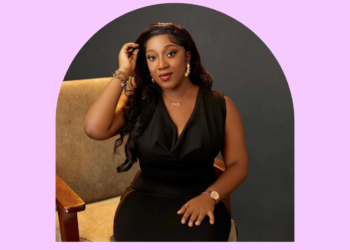
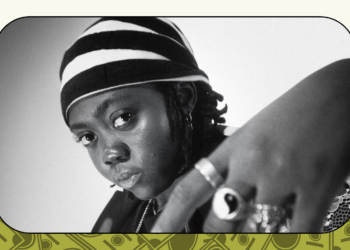
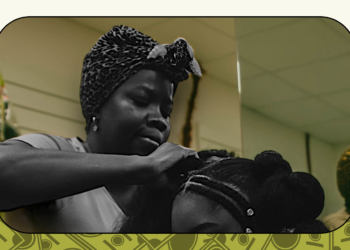






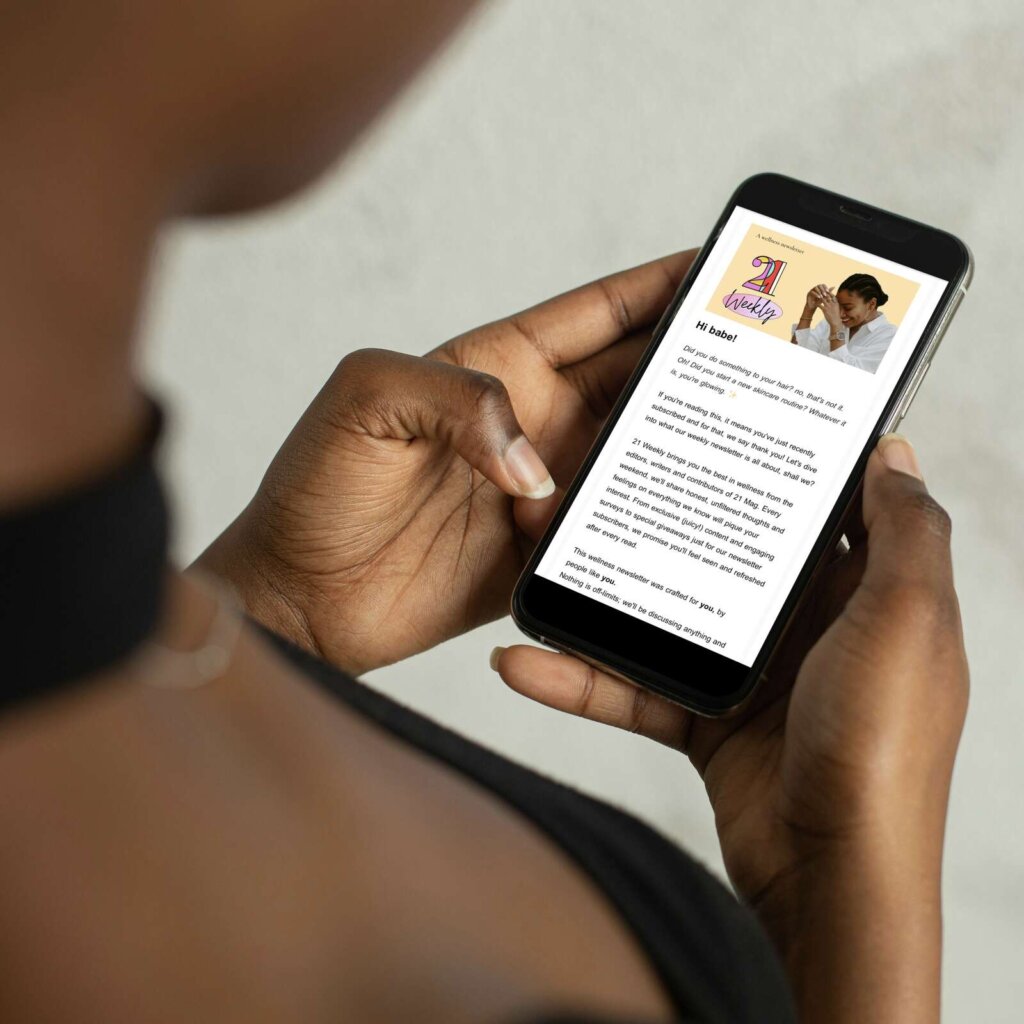
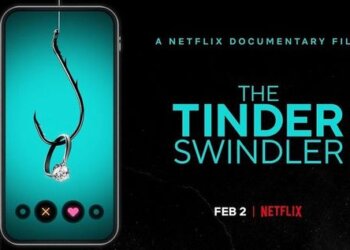



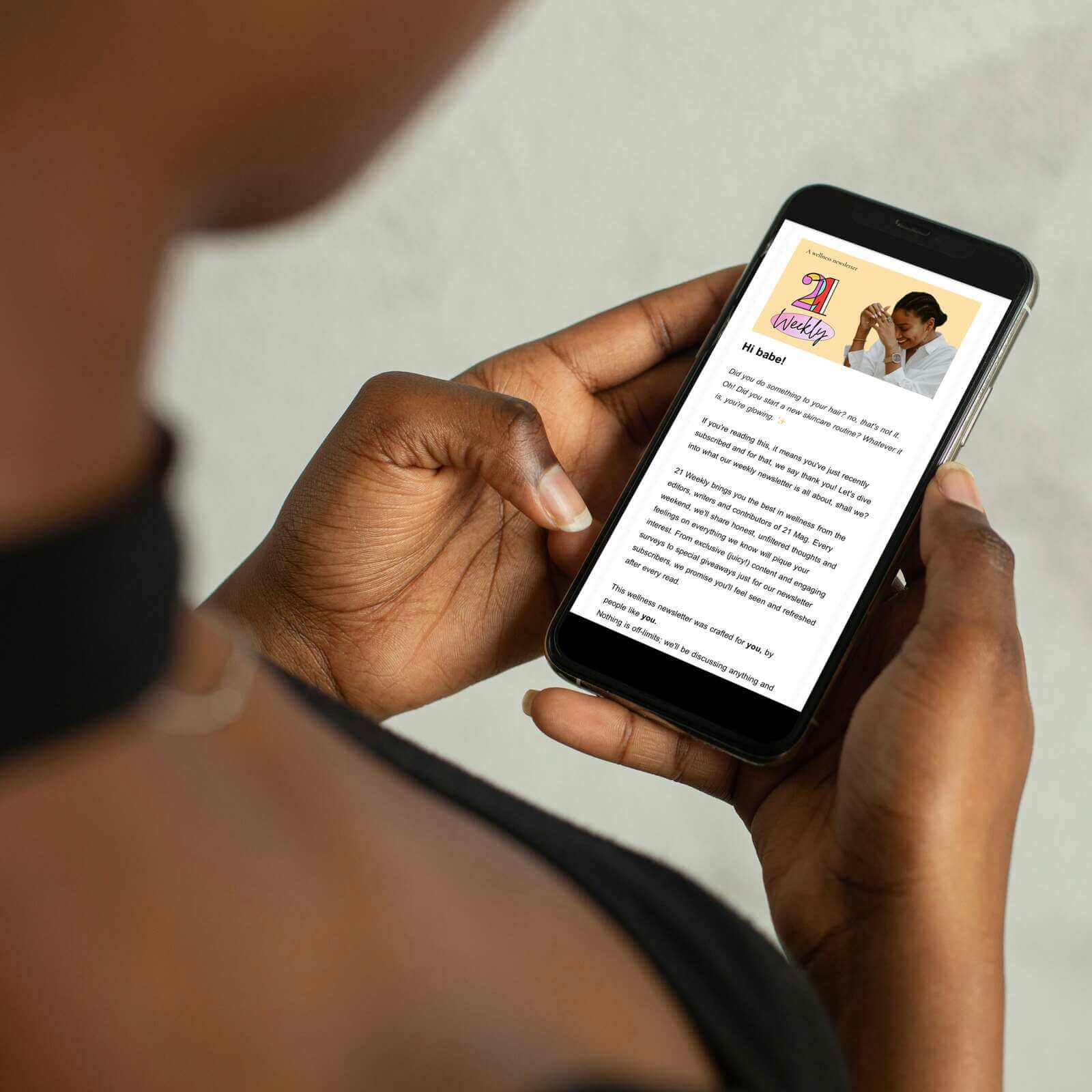
Great tips Chisom…now I know how to be more intentional about my income